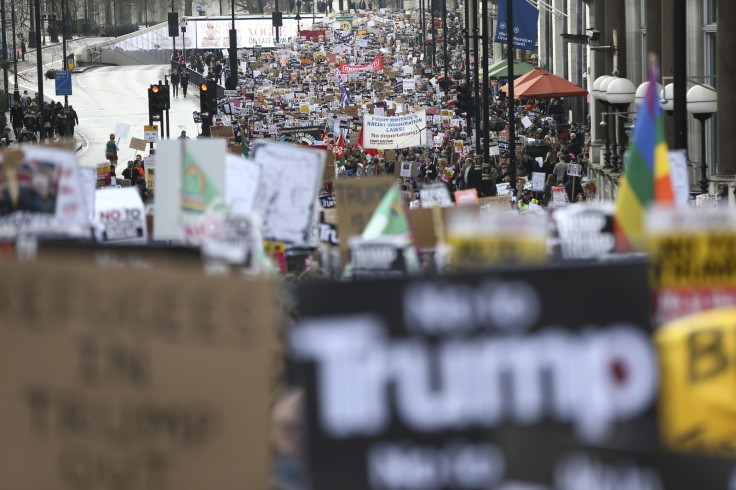US border officials are denying entry based on social media posts
Phones and other devices are screened at the border before letting anyone in even on legal entry basis.
If you are looking to enter the United States, it may be advisable to wipe your phone clean by restoring it to factory settings. Travelers are being denied entry to the US over social media posts and it is just not the ones they posted themselves.
Even the posts that were sent to them and were present on their devices, may be used for denying them entry into the United States. Images, videos and messages sent by other people may be used by border officials to reject foreign nationals from entering the US. Posts by family, friends or even strangers on social media and messaging sites such as WhatsApp, Facebook and Twitter can also be used against them.
One such case saw a prospective Harvard student being denied entry to the US. The student, who was a Palestinian national living in Lebanon, was held for questioning regarding his religion and religious practices. Ismail Ajjawi, 17, was told that border security officials found issues with his friends' social media activity. Ajjawi was then denied a visa and deported, not on account of something he did, but for someone else's actions.
It seems that the practices at the border are tilting more and more in favour of immigration officials, who can deny or allow visas for arbitrary reasons. In a single day, the officials screen 1.13 million people for entry into the United States through air, sea, and land. Out of these, around 760 are denied entry on average. Sometimes, these denials are on the basis of expected reasons such as past criminal records. At other times, no specific reasons are given for the rejection of a US visa. In both cases, there are no grounds for appeal.
A new rule was passed in June by the Trump administration, which states that applicants will have to disclose their social media handles. The rule is expected to affect at least 15 million people. Reportedly, people can even be denied entry on the basis of WhatsApp messages.
Activists fighting against such steps are calling this a part of conducting a backdoor "Muslim Ban" since Donald Trump's original plan has been challenged in courts.

© Copyright IBTimes 2025. All rights reserved.






















